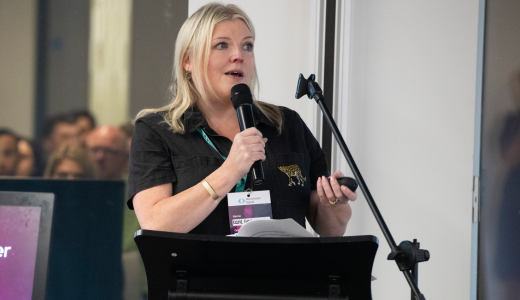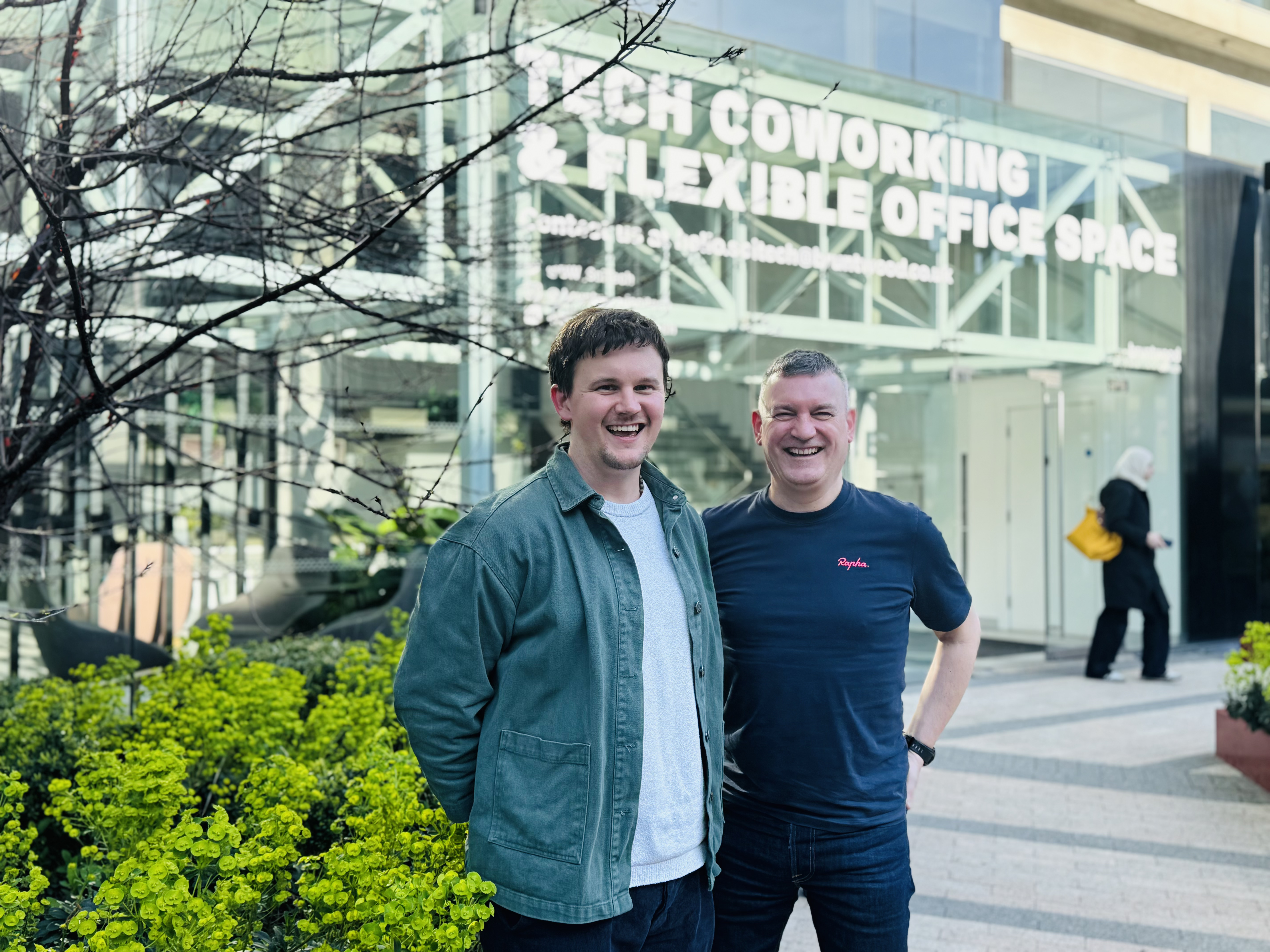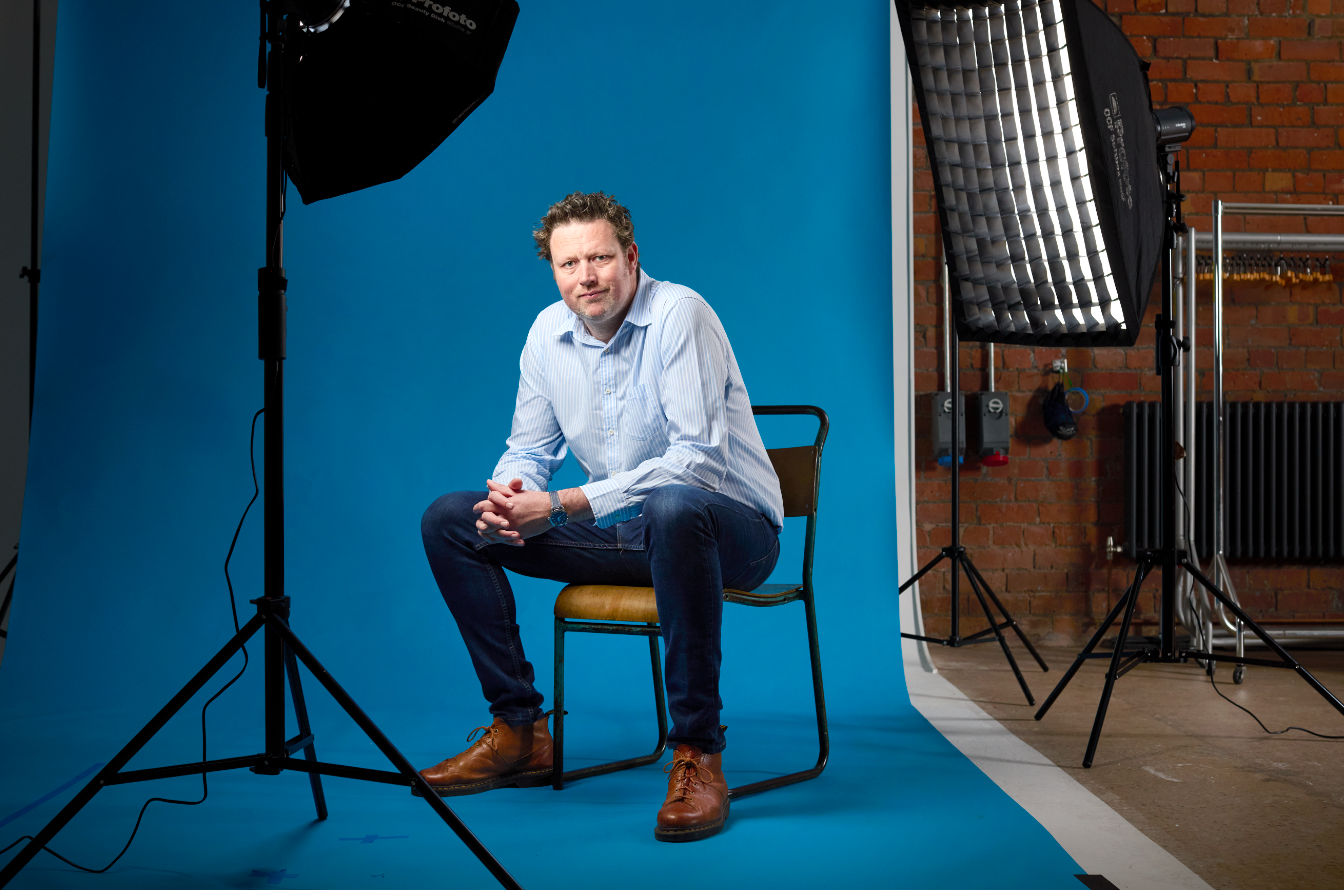
Dr Richard Whittle, University of Salford’s expert in artificial intelligence (AI) and digital transformation, has been seconded to advise on Manchester’s digital strategy, providing his expertise on dark pattern auditing, digital transformation in the public sector, and generative AI.

Led by Manchester City Council, part of the project will involve Richard mapping Manchester’s AI ecosystem using a stacked systems map approach to examine the technology’s relationships with social good outcomes, as well as delivering AI skills training for the Council. Richard’s work on dark patterns will help inform the strategy, to support Manchester residents in the next wave of the AI driven digital revolution.
Dark patterns are tricks some online companies build into their apps and websites to encourage consumers to make thoughtless purchases/decisions that they may have not actually intended to do. Dark patterns also make it easy to accept all tracking cookies and quickly agree to terms and conditions, plus frictionlessly sign up to a service/subscription, but make it difficult to unsubscribe.
This harmful form of digital design has led to some governments taking action to instil consumer protection. In 2023, the US’ Federal Trade Commission (FTC) filed a lawsuit against Amazon, alleging the company had tricked millions of customers into enrolling in Amazon Prime via auto-renewals without their consent and then subsequently complicated the cancellation process, making it difficult for customers to leave.
Dr Richard Whittle, University Fellow at the University of Salford’s Business School, said: “As AI and other new technologies continue to emerge into our lives, it’s essential consumers are educated not only on their potential but also their power. I am thrilled to be asked to support Manchester’s digital strategy. Manchester has the largest UK AI ecosystem outside of London and the Manchester Digital Strategy is vital in harnessing the power of this sector for social good.”
In addition to his work on dark patterns and generative AI, Richard’s work examines the impact of the technology on the economy and society. He previously led the retail economy technical research for the Greater Manchester Independent Prosperity Review and he is a visiting fellow at the International Public Policy Observatory, where he is researching AI preparedness of policy and anchor institutions, including local government and universities.
Councillor Rabnawaz Akbar, Executive Member for Finance and Resources at Manchester City Council, added: "We are thrilled to be working with Dr Whittle. His expertise in AI and digital transformation will bring a new perspective and significantly contribute to our developing approach to using AI and other new technologies. This collaboration will support the Manchester Digital Strategy and our Inclusive Economy Strategy, enhancing our understanding of the Manchester AI ecosystem. In addition, with the potential for AI misuse being a significant concern, Dr Whittle's insights will be invaluable. His work will help ensure responsible AI use, driving innovation, boosting productivity, and promoting an inclusive, technology-driven economy in our city.”
For more updates from the University of Salford, visit: www.salford.ac.uk/news.





